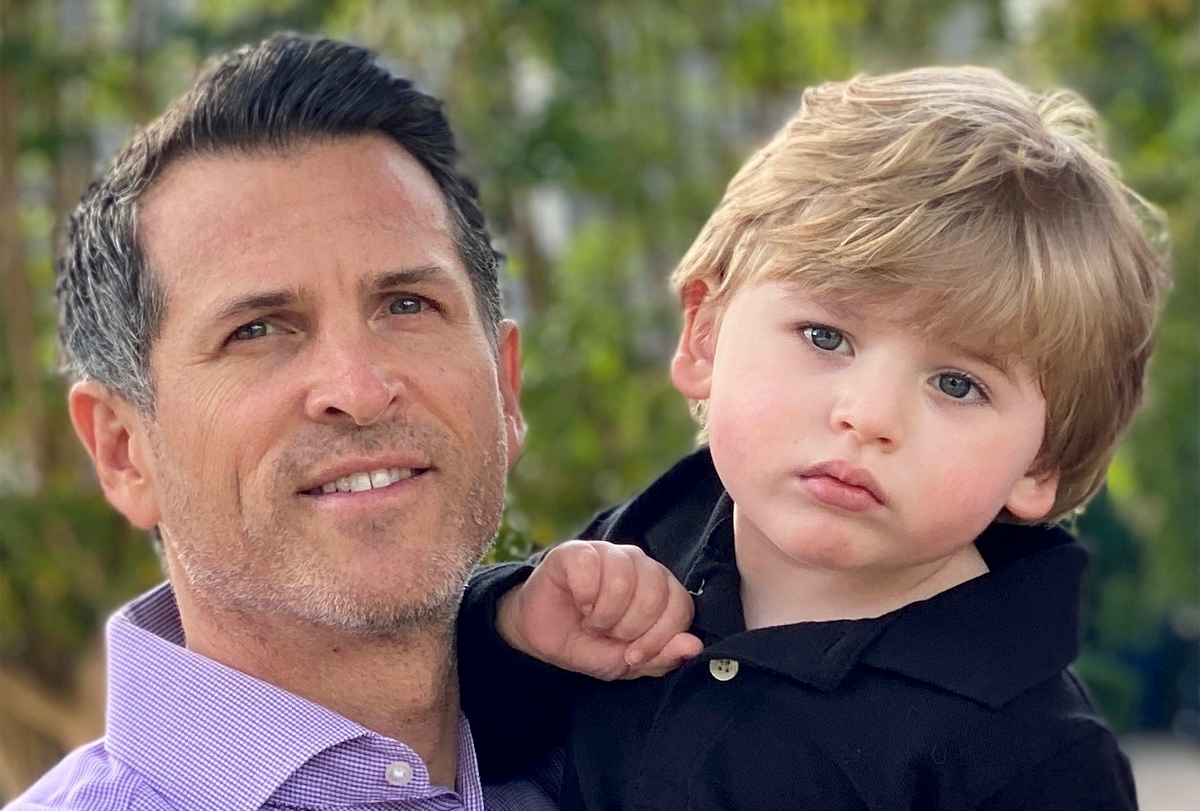Justin West is a physician and father of three. His youngest son, Andrew, was diagnosed with KCNT1-related epilepsy at 9 months of age. He is director of clinical medicine at the KCNT1 Epilepsy Foundation, working with researchers and industry to identify and evaluate potential therapeutics.

Justin West
President and director of clinical medicine
KCNT1 Epilepsy Foundation
From this contributor
Progress amid setbacks in drug trials for rare forms of epilepsy: Q&A with Justin West
Despite grave side effects, it’s vital to keep developing treatments for rare genetic forms of childhood epilepsy, says West, president of the KCNT1 Epilepsy Foundation and father of a son with the condition.

Progress amid setbacks in drug trials for rare forms of epilepsy: Q&A with Justin West
Explore more from The Transmitter
Two primate centers drop ‘primate’ from their name
The Washington and Tulane National Biomedical Research Centers—formerly called National Primate Research Centers—say they made the change to better reflect the breadth of research performed at the centers.

Two primate centers drop ‘primate’ from their name
The Washington and Tulane National Biomedical Research Centers—formerly called National Primate Research Centers—say they made the change to better reflect the breadth of research performed at the centers.
Post-infection immune conflict alters fetal development in some male mice
The immune-conflict between dam and fetus could help explain sex differences in neurodevelopmental conditions.

Post-infection immune conflict alters fetal development in some male mice
The immune-conflict between dam and fetus could help explain sex differences in neurodevelopmental conditions.
Three ecological psychologists on the right and wrong ways to use the field’s principles in neuroscience
Matthieu de Wit, Luis H. Favela and Vicente Raja weigh in on the recent trend of neuroscientists importing concepts from ecological psychology, the study of how an organism’s interactions with its environment explain perception and action.
Three ecological psychologists on the right and wrong ways to use the field’s principles in neuroscience
Matthieu de Wit, Luis H. Favela and Vicente Raja weigh in on the recent trend of neuroscientists importing concepts from ecological psychology, the study of how an organism’s interactions with its environment explain perception and action.